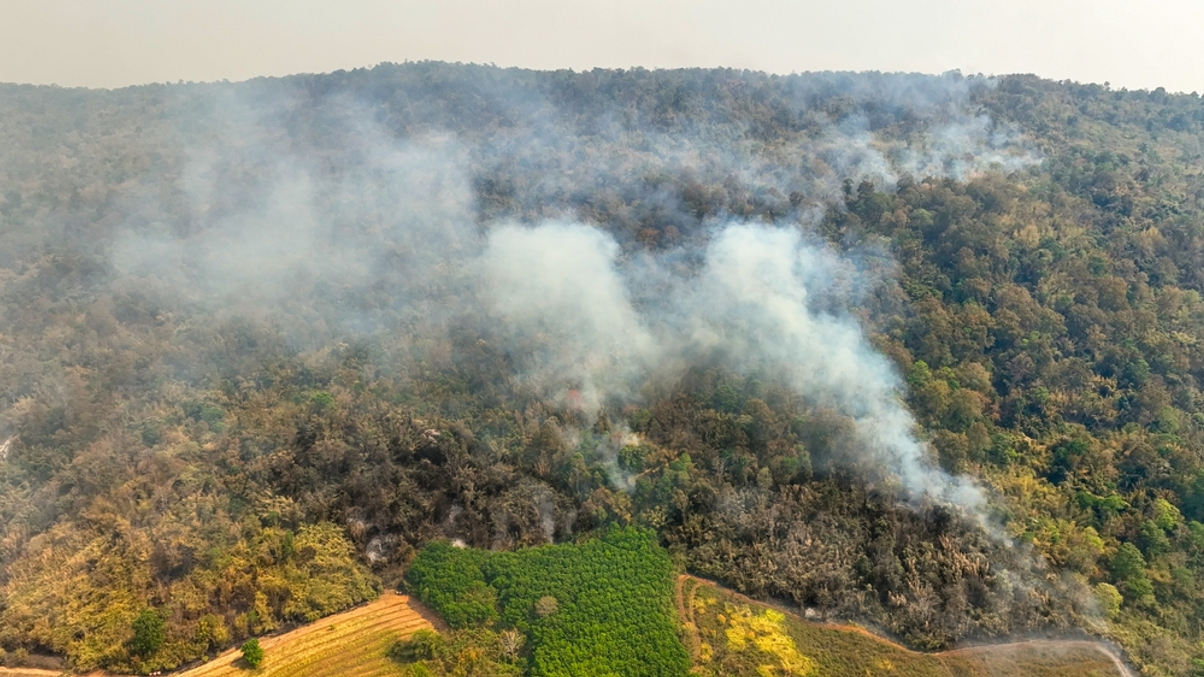ADB aims to launch $12bn climate finance platform at COP 29
Seven countries – including Australia – may now back the Asian Development Bank's IF-CAP programme, amid optimism around the climate investment it will mean for Asia.

The Asian Development Bank says it is on track to launch its new $12 billion climate finance programme at the COP 29 summit in November, after a six-month delay and with Australia potentially joining its list of sovereign backers.
Sign in to read on!
Registered users get 2 free articles in 30 days.
Subscribers have full unlimited access to AsianInvestor
Not signed up? New users get 2 free articles per month, plus a 7-day unlimited free trial.
¬ Haymarket Media Limited. All rights reserved.


